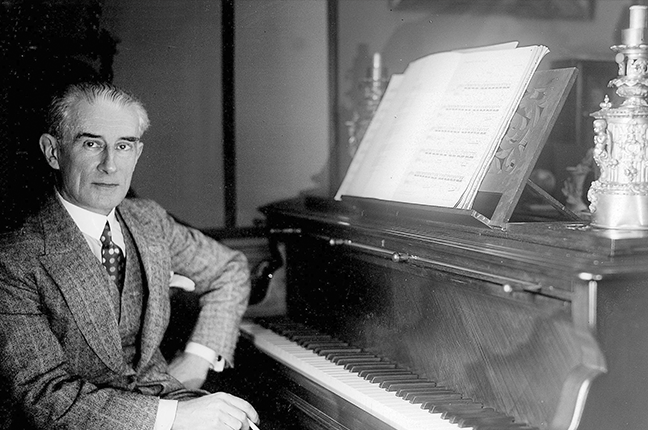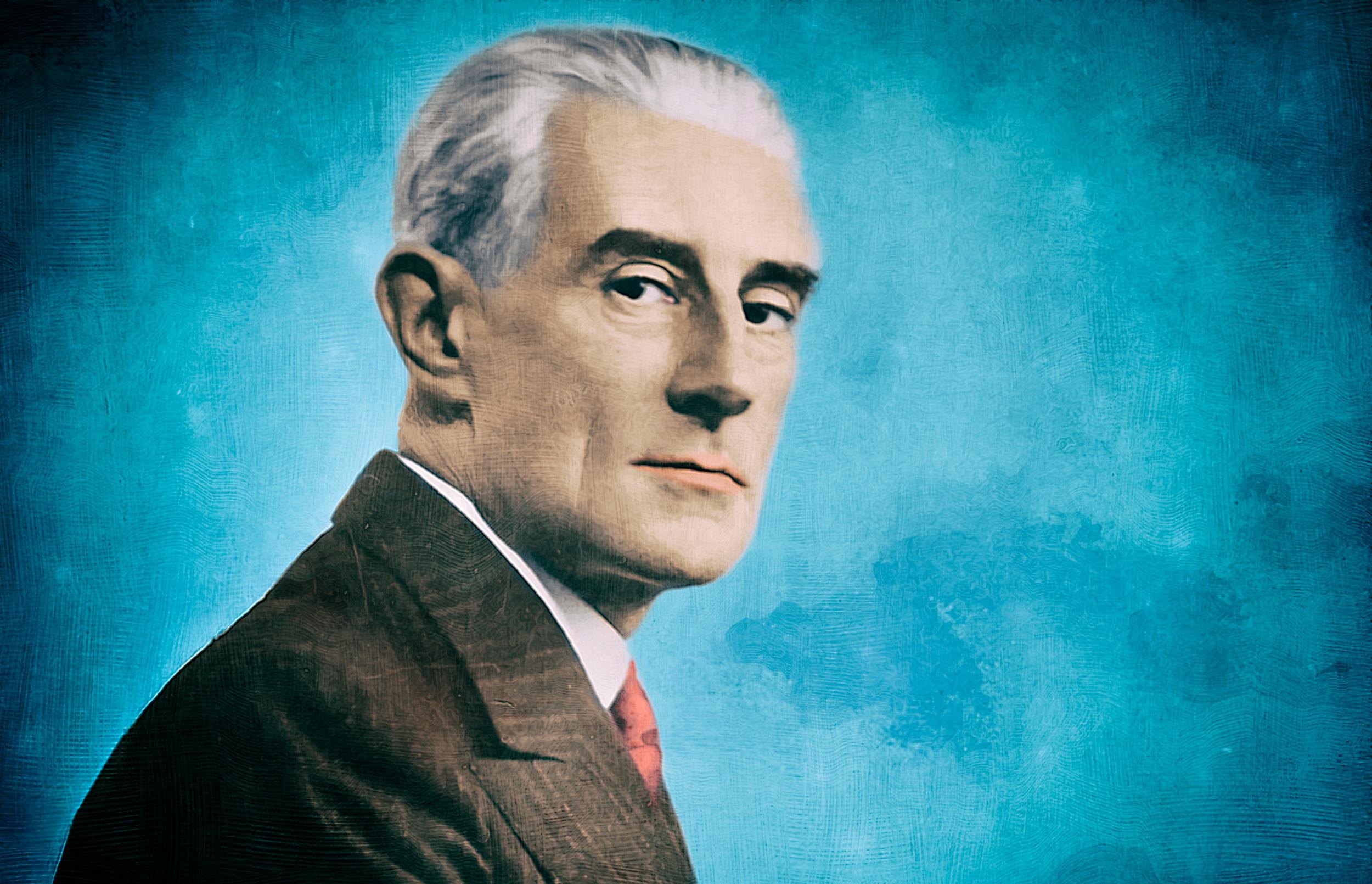
The Story Behind Ravel’s Jeux Deau
Jeux d’eau is a piano piece composed by Maurice Ravel in 1901, considered one of the finest examples of his early style and a masterpiece[…]

Maurice Ravel: The Master of Musical Impressionism
In the realm of classical music, few composers have left as profound an impact as Maurice Ravel. With his unparalleled ability to blend colors, evoke[…]